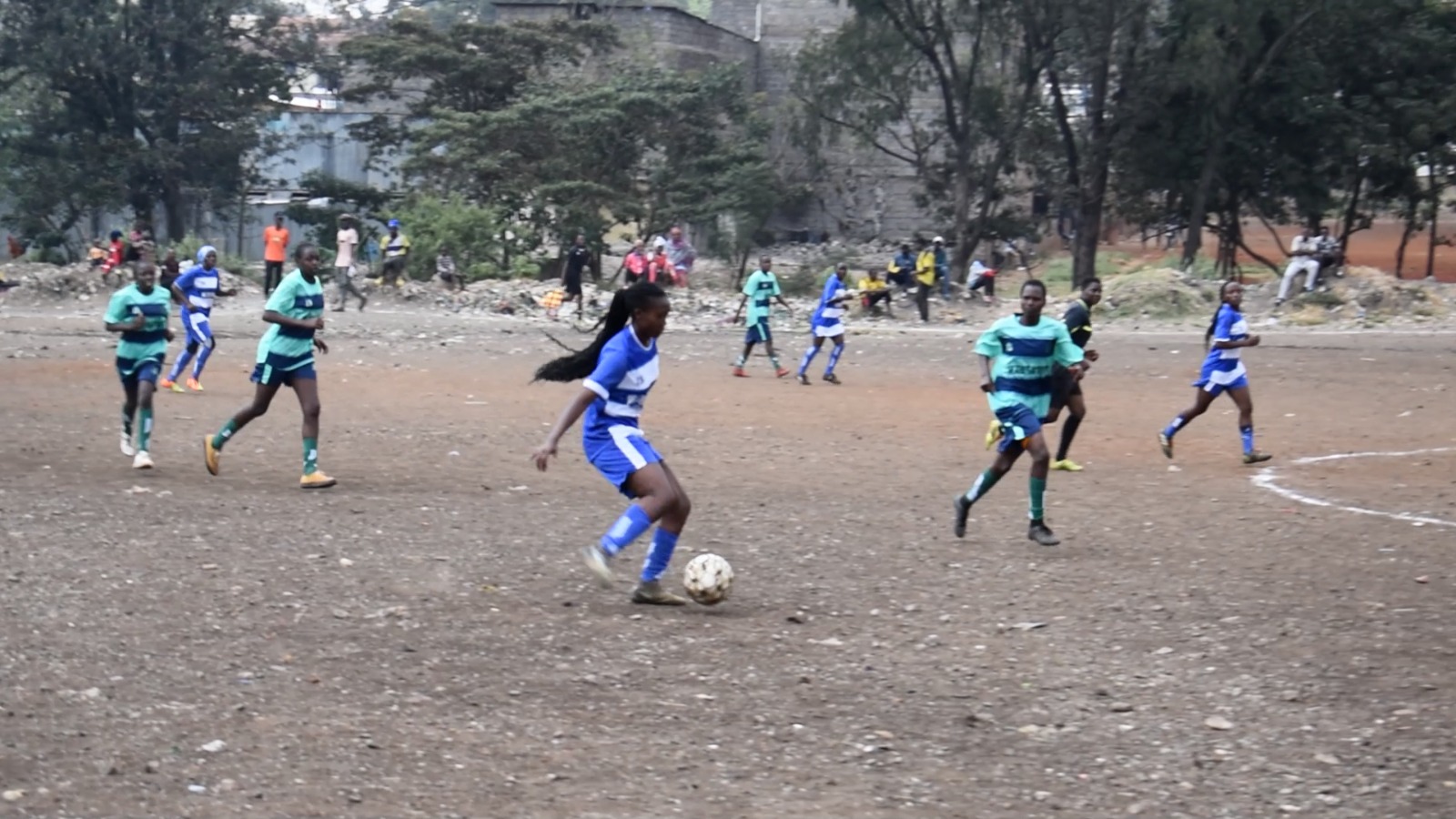How football is fostering unity, peacebuilding and youth empowerment in Africa

Football academies such as Right to Dream in Ghana and Diambars in Senegal combine athletic training with education and leadership programmes.
Football, a sport with the power to transcend boundaries, has emerged as a unifying force across Africa, fostering social change and bringing communities together.
From local matches to global tournaments, the game creates a shared identity and promotes peace, youth empowerment, and cultural pride.
More To Read
- Draw for historic 48-team FIFA World Cup set for Friday
- Nairobi United fall 1–0 at home to AS Maniema Union in tense Group B clash
- Tanzania dashes Harambee Stars’ hopes in thrilling U-17 AFCON semi-final
- CAF sets December 8 deadline for clubs to release AFCON-bound players
- Cristiano Ronaldo cleared for 2026 World Cup opener despite three-match ban
- MPs protest delays in 37 sports academy projects
Throughout the continent, football acts as a bridge, connecting diverse communities. The Africa Cup of Nations (AFCON) and the FIFA World Cup exemplify this, as fans rally behind their teams, setting aside political and social differences.
The 2010 FIFA World Cup in South Africa was an epic moment that united Africa, showcasing its passion for the sport and its capability to host world-class events. This global stage altered perceptions, demonstrating the resilience and potential of African nations.
According to the League of Africa, in conflict zones, football has played a critical role in peacebuilding.
Organisations like the United Nations and FIFA have leveraged the sport to encourage dialogue and promote harmony.
In countries like Sierra Leone and Liberia, torn apart by civil wars, football tournaments have fostered reconciliation and strengthened social bonds.
"One striking example is the work of Peace and Sport in Burundi. Through football tournaments and workshops, the organisation has bridged divides among young people from different ethnic groups, encouraging unity and understanding. In refugee camps, football matches provide displaced individuals with a sense of normalcy, solidarity, and an avenue to reconnect with their communities," states League of Africa.
Personal development
Youth empowerment is another significant impact of football in Africa. With the continent’s predominantly young population, the sport serves as a vital outlet, offering structure and opportunities for personal development.
Football academies such as Right to Dream in Ghana and Diambars in Senegal combine athletic training with education and leadership programmes.
By instilling values like teamwork, discipline, and resilience, these academies equip young players with skills for life beyond the pitch.
Through scholarships and pathways to professional careers, initiatives like these have helped many young Africans achieve their dreams while breaking the cycle of poverty.
As role models, these young athletes inspire others in their communities, highlighting the transformative potential of football.
From uniting nations to empowering individuals, football is more than just a game in Africa — it is a beacon of hope, resilience, and progress.
Top Stories Today













































